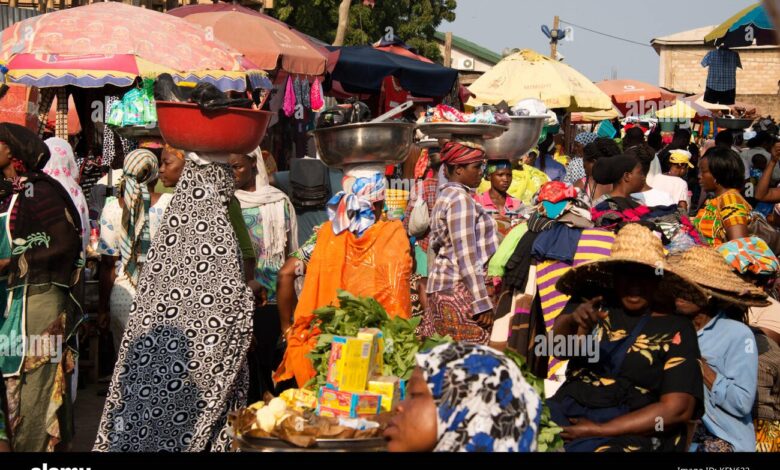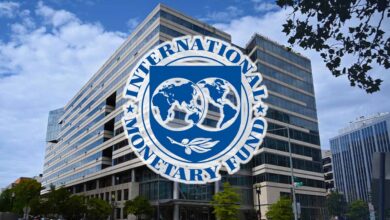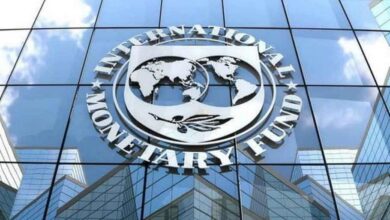Cedi Strength, Falling Inflation Bring Relief to Ghanaians as Economy Shows Signs of Resetting

After years of economic turbulence, Ghanaians are beginning to feel the effects of a steadying economy. A new review by C-NERGY Ghana of the mid-year budget presented by Finance Minister Dr. Cassiel Ato Forson shows that the government’s reset agenda, focused on fiscal discipline, better revenue collection, and tighter monetary policy is delivering tangible results.
For many households, the most visible change is at the market. The Ghana cedi, which traded at GH¢17 to the U.S. dollar late last year, now sells at GH¢10.4, its strongest level in 60 years. Against the British pound and the euro, the currency has gained 30.3% and 25.6%, respectively, easing the cost of imported goods. Inflation has dropped sharply from 23.8% at the end of 2024 to 13.7% in June 2025, and the government projects it could fall to 11.9% by year-end.
Farmers and traders are also benefitting from improved agricultural output and increased consumer confidence. “Food prices have stabilised, and people are buying more,” said Adwoa Mensima, a tomato seller at Kaneshie Market. “We hope it stays this way.”
Businesses too, are breathing easier. Interest rates on treasury bills have nearly halved, dropping from 27.75% in December 2024 to 14.74% by June 2025. Lending rates have inched down to 27%, easing pressure on small enterprises that depend on bank credit.
Ghana’s public debt has fallen by GH¢113.7 billion, bringing the debt-to-GDP ratio down to 43.8% from 61.8% at the end of 2024. International rating agencies Fitch and Moody’s have upgraded Ghana’s credit ratings, while the Ghana Stock Exchange Composite Index has risen 27.8% since January.
Sustaining the gains will require discipline, but for now, the combination of a stronger cedi, lower inflation, and signs of renewed investor confidence is providing much-needed relief for Ghanaians.




